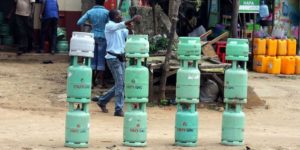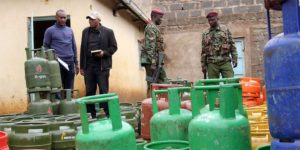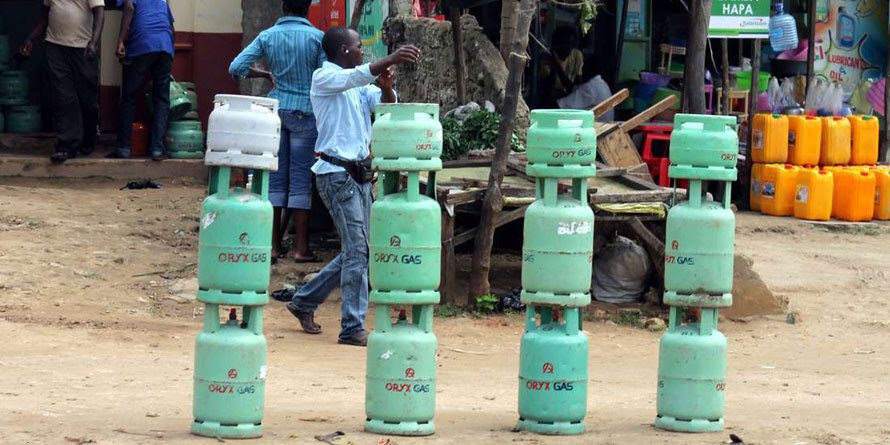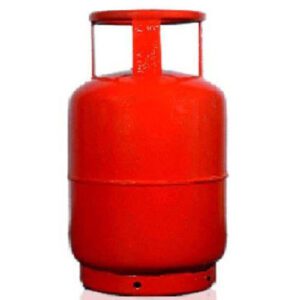
In a move to ensure safety and protect oil dealers, the fine for the illegal refining of gas cylinders, has been increased more than tenfold to a minimum of 10 million Kenyan Shillings.
The new regulations put before the Kenyan Parliament, is an upgrade of the 2009 rules which provided a penalty of not more than 1 million Kenyan Shillings or a jail term of less than one year.
The rules also include a 10 million Kenyan Shillings for individuals discharging bulk gas in a location which lacks regulatory approval.
The rules in addition, cap the amount of gas cylinders transported in a car to only three (3), unless regulatory exemptions are issued. This is in an attempt to limit individuals who deal in illegal refills and then go on to sell the commodity at a discount of up to 25 percent.
The Petroleum (Liquefied Petroleum Gas) Regulations of 2019 state that, “Refilling, trading or rebranding of cylinders without the brand owner’s consent — not less 10 million Kenyan Shillings penalty.”
The proposed regulations have attached different fines for the breaches and offenses which are related to the selling and transporting of Gas Cylinders, including a fine of more than 1 million Kenyan Shillings for selling Gas without permits or transporting the commodity in vehicles not approved by the energy regulator.
Any wholesaler who fails to keep records of gas cylinders for more than year will also face a fine of 50,000 Kenyan Shillings for each offense.
The records must include the serial number of each cylinder, the date of purchase, the weight of each cylinder and the names of retailers buying the cylinders.
In addition, Kenya has stopped the current system which makes it mandatory for oil marketers to accept cylinders from rival brands to boost safety of consumers.
The boost in the fight against illegal Liquefied Petroleum Gas (LPG) dealers comes at a period when gas prices are trading at levels from 2016 before the government removed Value Added Tax (VAT) on clean fuel.
The cost of refilling a 13 kg gas cylinder at petrol stations has increased to about 2,200 Kenyan Shillings.
Prices were at an average of 2,231 Kenyan Shillings in June 2016 and then proceeded to drop to below 2,000 Kenyan Shillings in October of the same year, just four months after the discontinuation of the 16 percent Value Added Tax (VAT).
The Treasury the Value Added Tax (VAT) on gas, in order to cut costs and boost its uptake among poor households which relied on dirty kerosene and charcoal for cooking.
The rising prices have however encouraged illegal dealers to offer discounts.

The Illegal possession of Liquefied Petroleum Gas (LPG) seals without the cylinder brand owner’s authority will now cost individuals caught, not less than 20,000 Kenyan Shillings for each seal.



